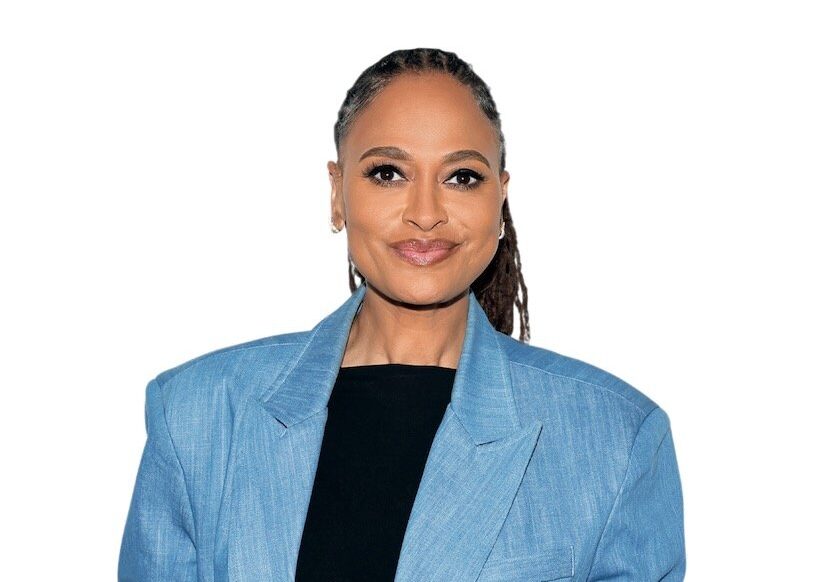In celebration of its 100th issue in October 2001, Worth listed the top 100 people who revolutionized the way America thinks about money—from bankers, CEOs and tech entrepreneurs to rock stars, athletes and TV celebs to hoteliers and authors, philosophers and philanthropists. Microsoft cofounder Bill Gates topped the list.
At the time, with a net worth of $59 billion, he also ranked number one on Forbes’ annual list of the world’s billionaires. Though he stepped down as chairman in 2014, he remains a board member and tech advisor, and his net worth is $90.2 billion in 2017. Author of this piece, Ted C. Fishman, said: “Rich, yes, but by now that’s almost beside the point. His meaning to the culture goes well beyond counting the money.”

Admit it. You think too much about Bill Gates. He has worked his way not just onto your computer but deeply, fundamentally into your consciousness. If you’re like me, you keep a mental Gates index that tracks his wealth from year to year. When you see a big number, you match it against Gates’ billions. “Oh, the GDP of Haiti, why that’s only one fifteenth of Bill’s net worth.” Or “The total profits of Exxon? That’s less than a third of what Bill’s got.” He has, for the record, around $59 billion; the number reached $100 billion, but Microsoft stock is below its highs and Gates has given $21 billion to his family’s charitable foundation.
Gates’ wealth is such that his meaning to our culture goes beyond money. He may actually represent a new idea of human potential. Before Gates, we didn’t think anyone could be that successful—and that much more successful than everyone else. Who was the last person to so realign our sense of possibility? Roger Bannister? Neil Armstrong?
Gates’ wealth-creating power is so great it can’t help but look like revolution.
Even if you don’t keep the Bill Gates index in your head, you’re still under his spell. Look at the three pairs of khakis in your closet. Look down the street, whether in Seattle or Hong Kong, and see the throngs of people dressed in the nerd-geek style once so very far from chic. This past June, in advising young men on the go, The Hindu, India’s national daily, cited Gates and khakis as the example for those searching for the right casual pants. The whole world has adopted Gates’ bad wardrobe the way it’s said that Castilian aristocrats and commoners once affected a lisp to ape their speech-impeded king.

One reason the Gates look harks back to that of schoolboys is that Gates started his company when he was a boy. And boys don’t look credible in suits. Yet since Gates left Harvard early, boys do look credible in boardrooms. Gates introduced the idea that it was possible to be the CEO of a world-shaking corporation at an age when the better-educated are still pulling all-nighters with Plato and losing out on precious years of compounding their workplace presence and income. Gates showed how expensive dillydallying can be. Those with the best ideas leave school and pounce. The college-dropout entrepreneur (Dell, Jobs, Ellison) is now an archetype in American business. Work has become cool. Gates made the most conservative values in America into a counterculture. His wealth-creating power is so great it can’t help but look like revolution.
Gates also changed the way investors seek wealth. While every investment adviser was preaching the value of diversification, Gates proved that the best path to wealth is to make a massively concentrated bet on a single company. Microsoft stock turned $1,000 stakes into millions and whetted investors’ appetites for “the next Microsoft.” That search may be pass; now investors just want the real Microsoft.
In a few short years, he has given more to charity than anyone else in history.
Gates’ reputation as a public citizen has changed markedly in the past three years. Microsoft is no longer the Eden of corporate America, and Gates’ leadership of it has been officially labeled monopolistic. Still, he has forged a world in which billionaires will never seem quite the same. In the long run, Gates will decide what our view of his vast wealth will be. He’s been at work shaping that view for some time.
In 1989, Gates licensed the text of the unremarkable Funk & Wagnalls Encyclopedia. Microsoft relaunched it as Encarta in 1993. Predictably, Gates has turned Encarta into the top-selling encyclopedia in the world. But he’s done more. The 1993 edition referred to the Microsoft founder as a “tough competitor who seems to value winning in a competitive environment over money.” By 1997, that phrase was struck, replaced with one that described Gates as a man “known for his personal and corporate contributions to charity and education organizations.” That was before Gates was known for any such thing. Gates came late, and under pressure, to the charity game, but he will beat the world at that too. In a few short years, he has given more to charity than anyone else in history. Whatever he does, Gates means to be the standard reference.
Ted C. Fishman is a longtime contributing editor for Worth.
Reprinted from the October 2001 issue of Worth.









